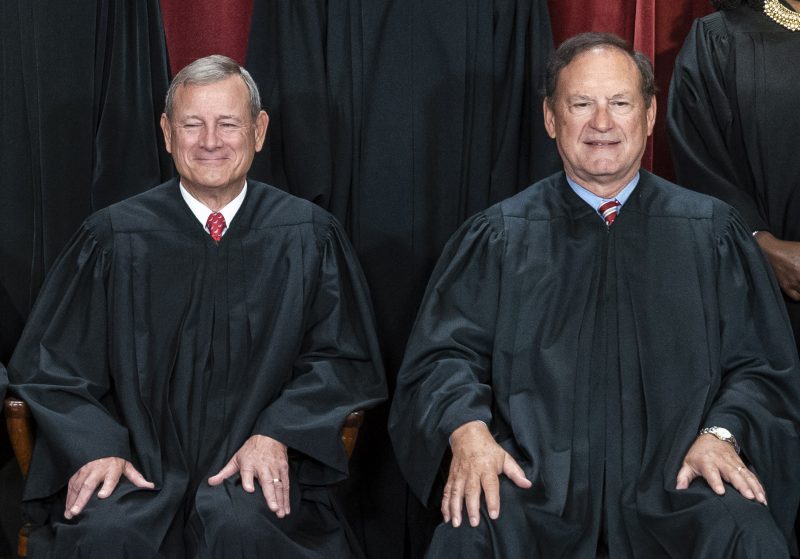The recent call from Democrats urging Chief Justice John Roberts to address ethics concerns within the Supreme Court has brought to light the critical issue of maintaining ethical standards and transparency within the highest judicial body in the United States.
One of the primary concerns raised by Democrats is the perceived lack of accountability and transparency within the Supreme Court, particularly regarding the handling of financial disclosures and potential conflicts of interest among the justices. The current system of self-regulation, where justices are responsible for overseeing their financial disclosures and recusing themselves when necessary, has come under scrutiny for its potential loopholes and lack of oversight.
While Chief Justice Roberts has previously acknowledged the importance of ethics and integrity within the judiciary, Democrats are urging him to take concrete steps to address the current concerns. This includes calls for increased transparency in financial disclosures, mandatory ethics training for justices, and the establishment of an independent body to oversee ethics complaints and investigations.
The Supreme Court plays a crucial role in upholding the rule of law and ensuring justice for all Americans. As such, it is essential that the highest court in the land maintains the highest ethical standards and operates with transparency and accountability. By addressing ethics concerns head-on, Chief Justice Roberts has the opportunity to strengthen public trust in the integrity of the Supreme Court and uphold the principles of justice and fairness that are fundamental to the American legal system.




























